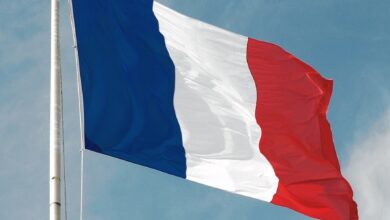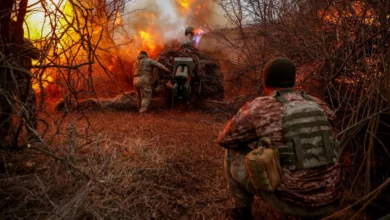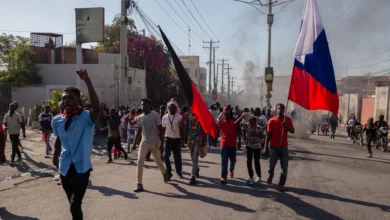Maiduguri, Nigeria – The United States and European Union on Tuesday condemned a spate of bombings and assassinations in northeastern Nigeria which independent sources estimate have killed more than 150 people so far this year.
Radical Islamist sect Boko Haram, which says it wants a wider application of sharia Islamic law, has claimed responsibility for much of the violence, mostly perpetrated by gunmen on motorbikes or attackers using home-made explosives.
Bombs thrown at a drinking spot in Maiduguri, the capital of Borno state, killed around 25 people on Sunday in the single deadliest attack so far. Three more people were killed in a similar strike in the town the following day.
"There is no place in society for these horrific acts of violence and there should be no impunity for the perpetrators," the US and EU missions said in a joint statement, expressing "deep concern" over the security situation in Borno.
Insecurity in parts of northern Nigeria has rapidly replaced militant attacks on oil infrastructure in the southern Niger Delta region as the main security risk in Africa's most populous nation in recent months.
The violence has spread beyond Boko Haram's home region in the far northeast, providing a growing security headache for President Goodluck Jonathan, who was sworn in for his first full term in office a month ago and has yet to name a new cabinet.
Boko Haram claimed responsibility for a bomb blast two weeks ago outside the national police headquarters in the capital Abuja. Secret service officials said on Tuesday they had discovered an unexploded device hidden in a gas cylinder in Barnawa, Kaduna state, hundreds of kilometres west of Borno.
"Boko Haram must stop its reign of terror in the country. No cause can justify the deliberate targeting of civilians," Amnesty International said in a statement.
RETALIATION
Boko Haram has an ill-defined command structure, a variety of people claiming to speak on its behalf, and an unknown number of followers. Some security analysts say its supporters number in the thousands.
Its support base is concentrated around Maiduguri, which lies near the borders with Niger, Chad and Cameroon on the southern fringe of the Sahara. Some security sources believe it also has smaller groups of sympathizers elsewhere in the north.
West African Islam is overwhelmingly moderate and the sect's ideology is not widely supported by Nigeria's Muslim population, the largest in sub-Saharan Africa. But poverty and unemployment have helped it build a cult-like anti-government following.
Boko Haram's former leader, self-proclaimed Islamic scholar Mohammed Yusuf, was shot dead in police custody during a 2009 uprising in which hundreds were killed. His mosque was destroyed with tanks and the security forces claimed a decisive victory.
Low-level guerrilla attacks on police stations and killings, including of traditional leaders and moderate Islamic clerics, intensified in the second half of last year in what some analysts see as retaliation for the 2009 security crackdown.
Amnesty International said the security forces had carried out mass arrests, tortured suspects and detained people for long periods without charge in trying to combat the group.
"The Nigerian government can only ensure safety by investing heavily in reforming the criminal justice system, so that the perpetrators of these attacks and other human rights abuses can be properly investigated, arrested and prosecuted in fair trials without recourse to the death penalty," it said.
Jonathan, who was sworn in for his first full term in office a month ago, has voiced support for dialogue, but the group has said it will only negotiate if demands including the resignation of Borno state government are met.




